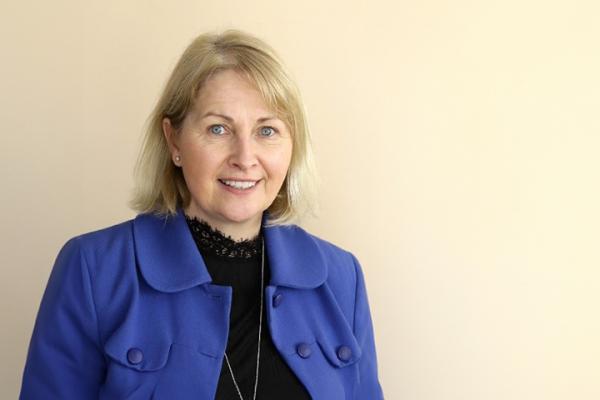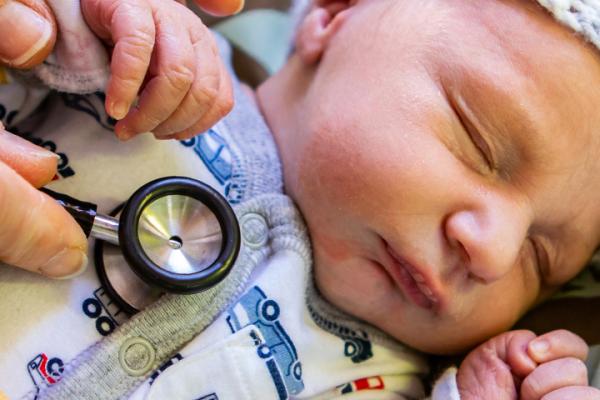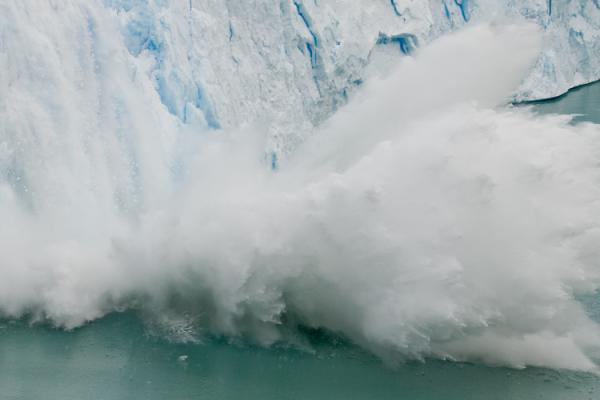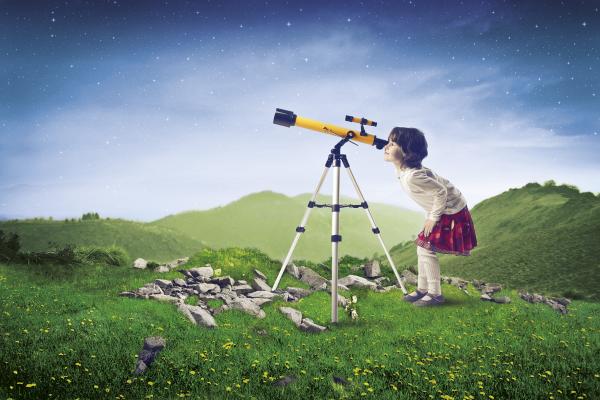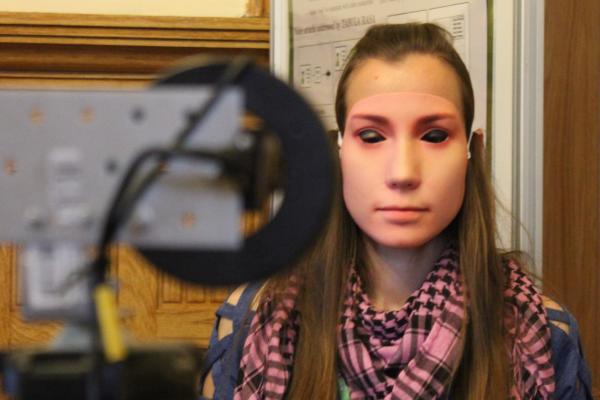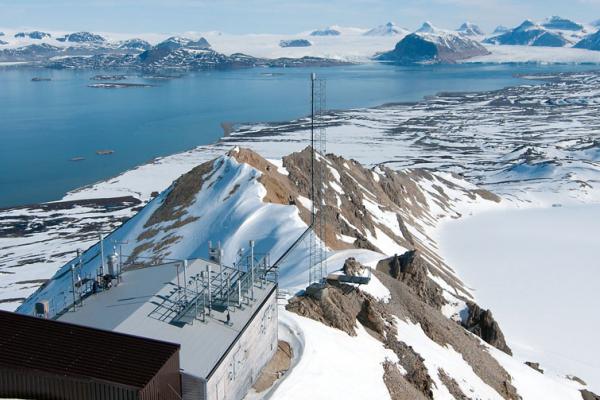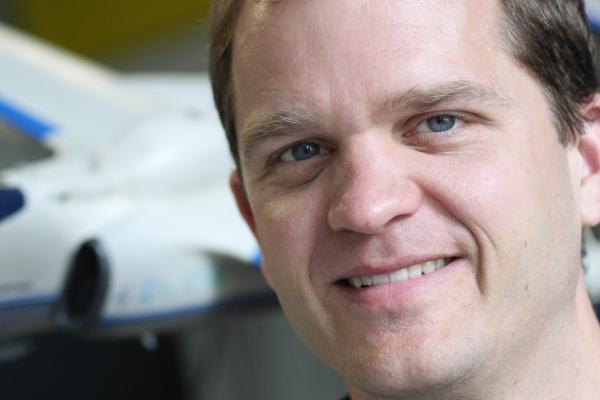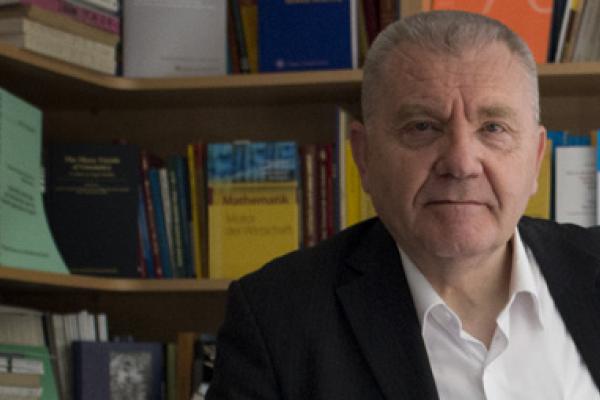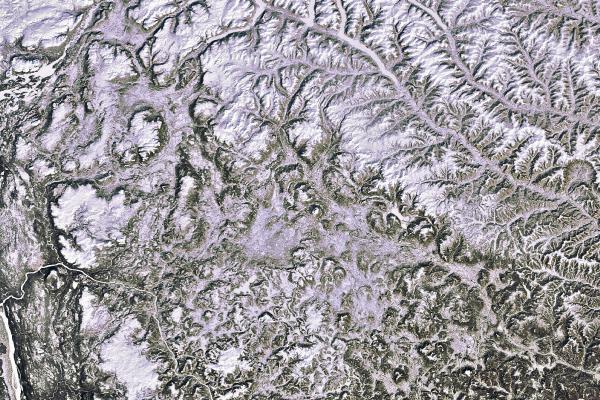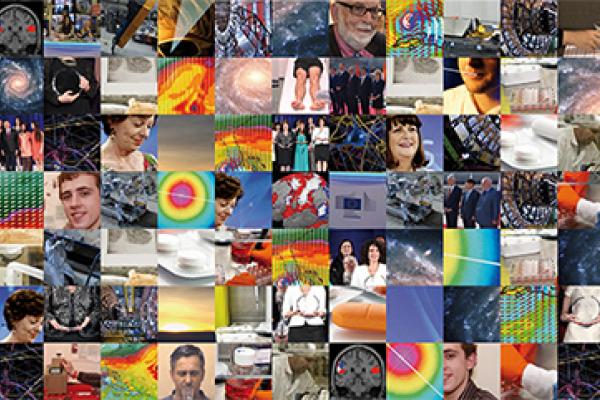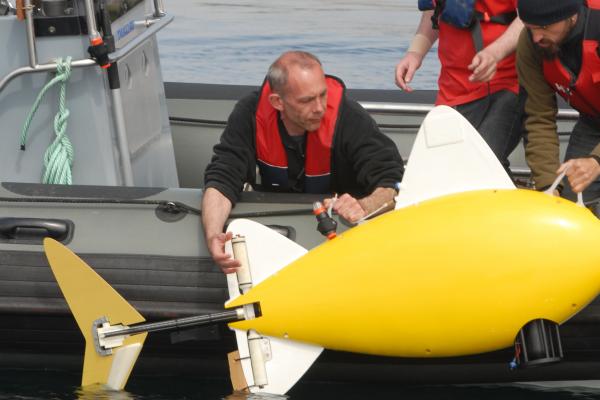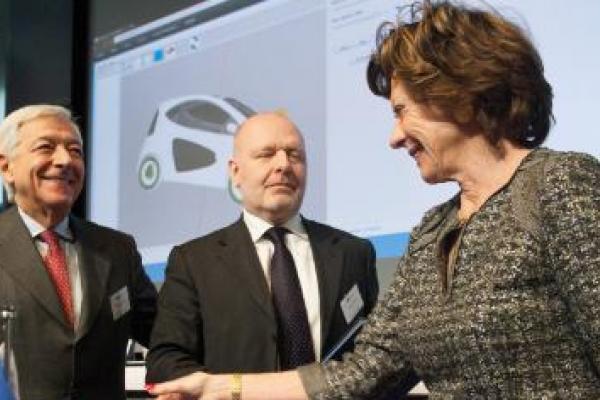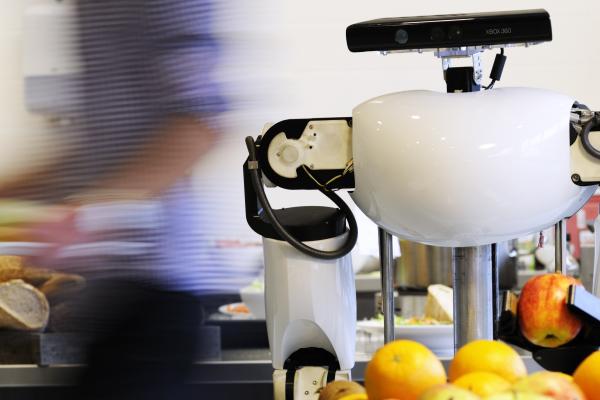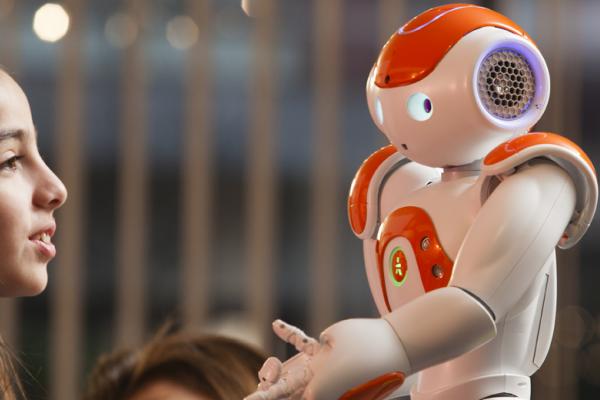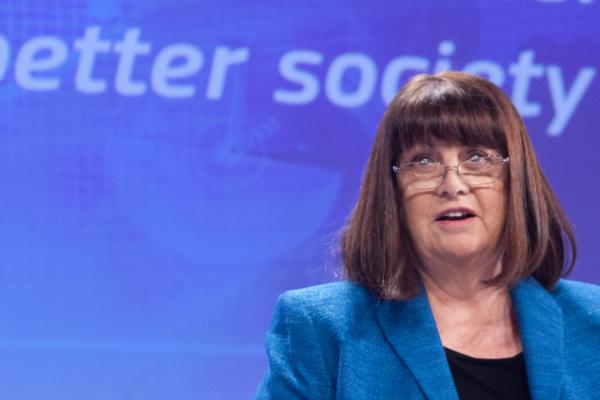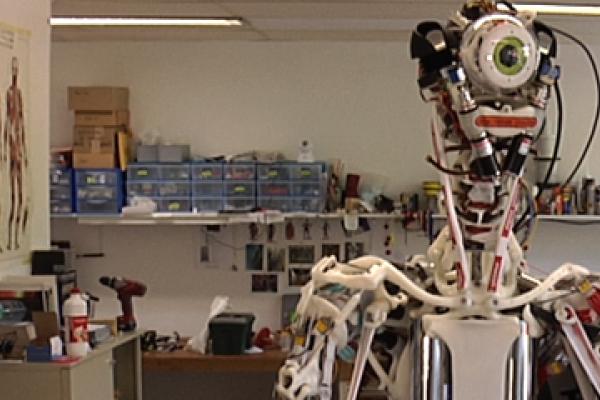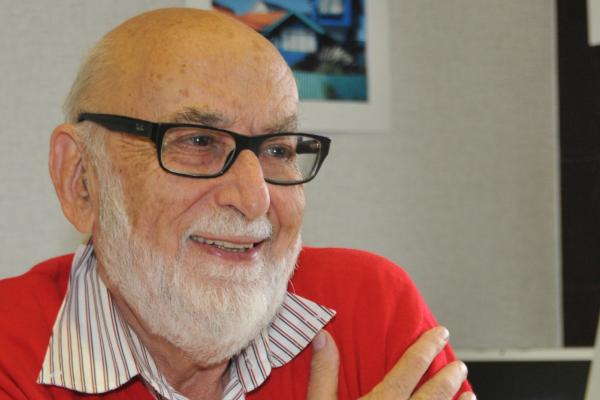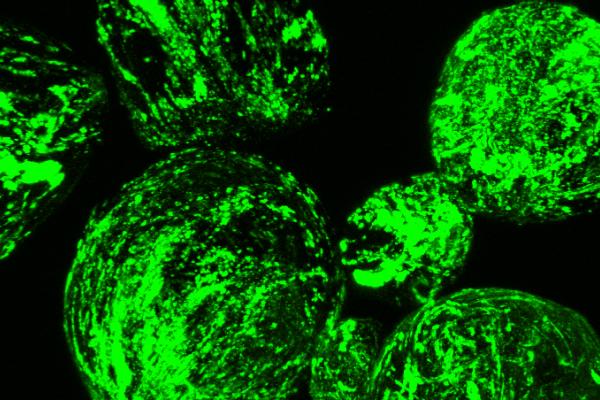EU-funded researchers are exploring new ways to learn that make science more relevant to everyday life – and more fun.
Special series

Researchers on a mission
The EU is on a mission with researchers to protect our planet and society.
By helping researchers discover new ways to improve people’s lives, and to protect us from climate change and global health shocks, the EU is building a better future for all of us.
Most popular
-
1
-
2By Andrew Dunne
-
3By Helen Massy-Beresford
-
4By Horizon Staff
-
5
Top videos
Miracle material enters the limelight with European help
14 July 2024
Pioneering care for preemies – from artificial placentas to brain-healing stem cells
12 July 2024
Past articles
If no new policy measures are adopted to combat global warming, the cost of climate change in Europe could reach almost 4 % of the gross domestic product (GDP) of the European Union by the end of the century.
Driverless taxis will be carrying passengers during demonstration projects in five European cities as of February 2014.
The European Union’s premier innovation event takes place in Brussels in March 2014.
Facial make-up and latex fingers engraved with someone else’s fingerprint used to be enough to fool identification software – but that’s about to change thanks to an EU project which is part of European efforts to beef-up authentication software and network security.
The big freeze in the US was part of an Arctic weather system that is being displaced more and more frequently because of global warming, European researchers believe. As it re-centres itself over the pole, it should bring colder, icier conditions back to Europe.
From Europe and Asia, 14 countries – encompassing a total of 26 institutions – have come together to set up an Arctic observatory that will combine data from the sea, the atmosphere and the ground to provide vital evidence about the rate of climate change.
Dr Marc von Hobe, from the German Forschungszentrum Jülich GmbH research centre, is coordinator of the EU-funded RECONCILE project. The project contributed to the first detection in 2011 of a hole in the ozone layer over the Arctic. Dr von Hobe believes more work needs to be done to control greenhouse gas emissions.
French mathematician Professor Jean-Pierre Bourguignon has taken over as president of the European Research Council (ERC), the first pan-European funding organisation for frontier research.
The frozen ground that covers a sixth of the planet is thawing due to climate change, releasing trapped carbon and the DNA of long-forgotten diseases.
From the DNA of ancient diseases frozen in the permafrost to the relationship between global warming and the scramble to access vast oil deposits under the Arctic - in January Horizon looks at science that is taking researchers out onto the ice.
Radical new treatments for cancer could be available in hospitals in 2014, while quantum computing could allow scientists to model chemical reactions at the atomic level for the first time – these are some of the predictions made by researchers in Horizon’s poll of major developments this year.
From an initiative to replicate a fully functioning human brain, to the launch of Horizon 2020, the EU’s biggest-ever funding programme for research and innovation, we look back over a year in EU-funded research.
Teams of robotic fish are drawing on the intelligence of swarms of social insects and other organisms in new ways to help protect the environment.
The EU has teamed up with companies to help keep Europe’s position in sectors such as construction, robotics, photonics, high-performance computing and telecoms, create jobs, and tackle some of society’s big challenges.
Basic robots are sharing knowledge and performing complex calculations using remote data centres as researchers begin to connect them to the cloud.
Should we have special laws to govern robots? The question isn’t being debated in parliaments and newspaper columns yet, but robots currently under development are becoming so astute at learning to interact like humans that it’s only a matter of time.
The EU has invited researchers to apply for the first part of its biggest-ever research funding programme, Horizon 2020, marking a major milestone for Europe as it seeks to create the jobs it needs to grow its way out of the financial crisis.
Researchers have copied bones, ligaments and muscles to make a robot torso that moves just like a human.
Professor François Englert, from the Université Libre de Bruxelles, Belgium, is receiving the Nobel Prize in Physics 2013 on 10 December from the hands of King Carl Gustav of Sweden. He shares this award with the Scottish physicist Professor Peter Higgs. Horizon took part in a joint interview with Prof. Englert in Brussels. He answered questions on the future of physics, CERN, large particle accelerators, and … the rest of the universe.
Antibiotics which break down before bacteria can evolve resistance to them; perfumes which release the heady scent of freshly cut flowers as your body heats up; and powerful cancer drugs directed to exactly where they are needed are some of the potential applications of microscopic chemical robots under development in Europe.
Weekly news alert






